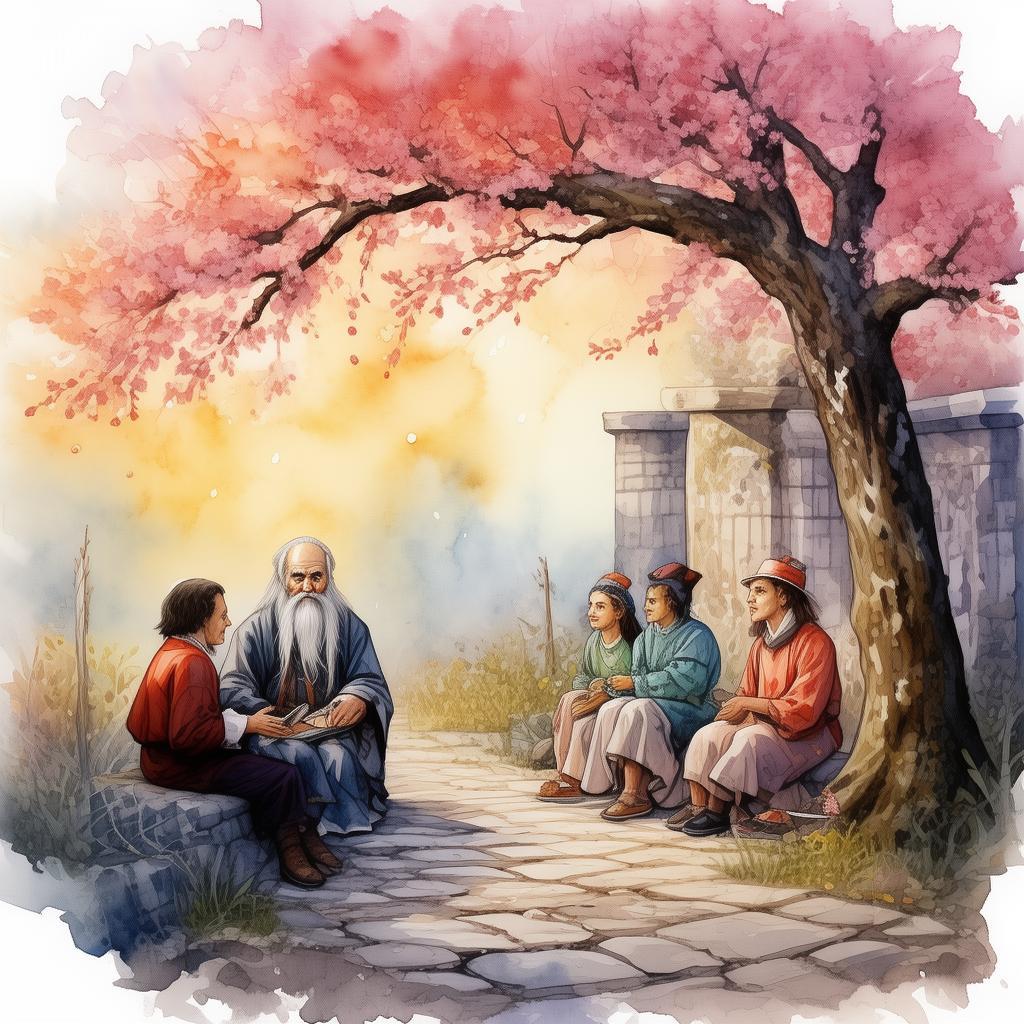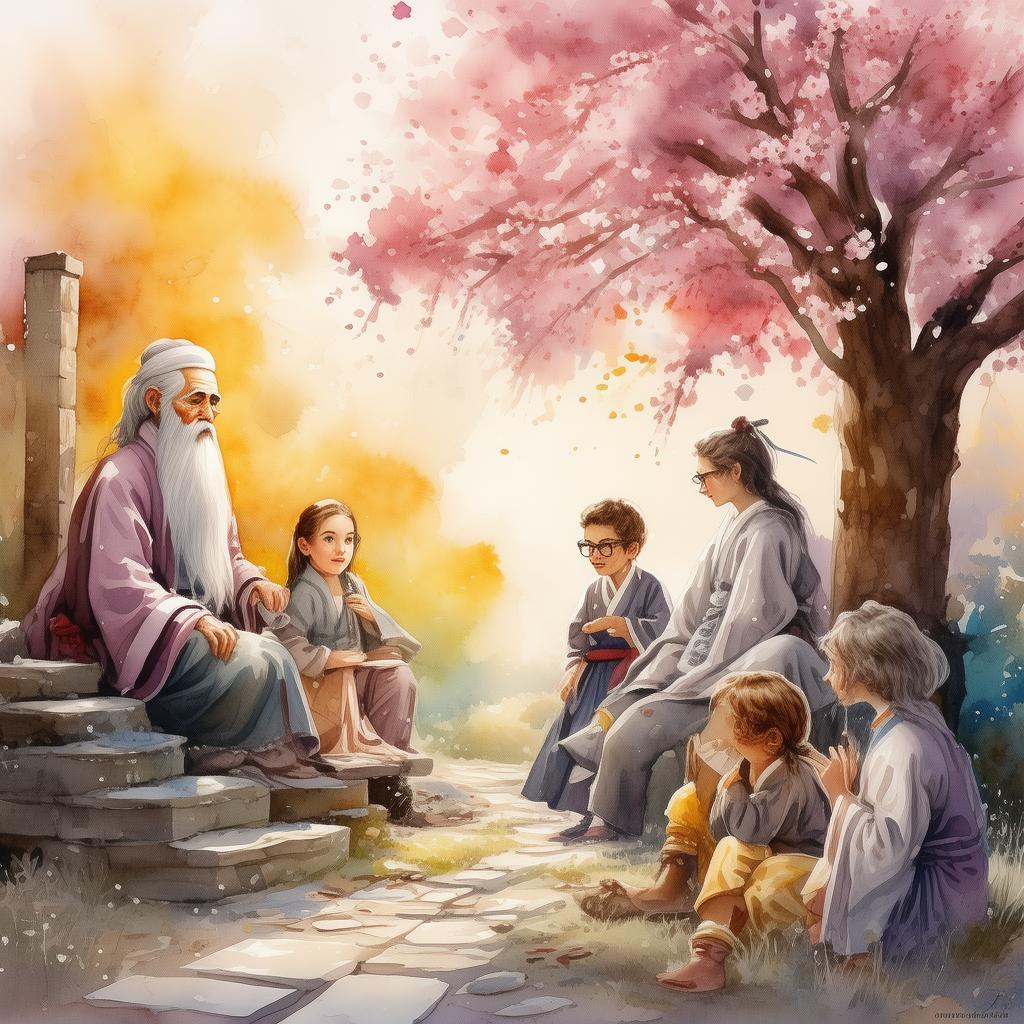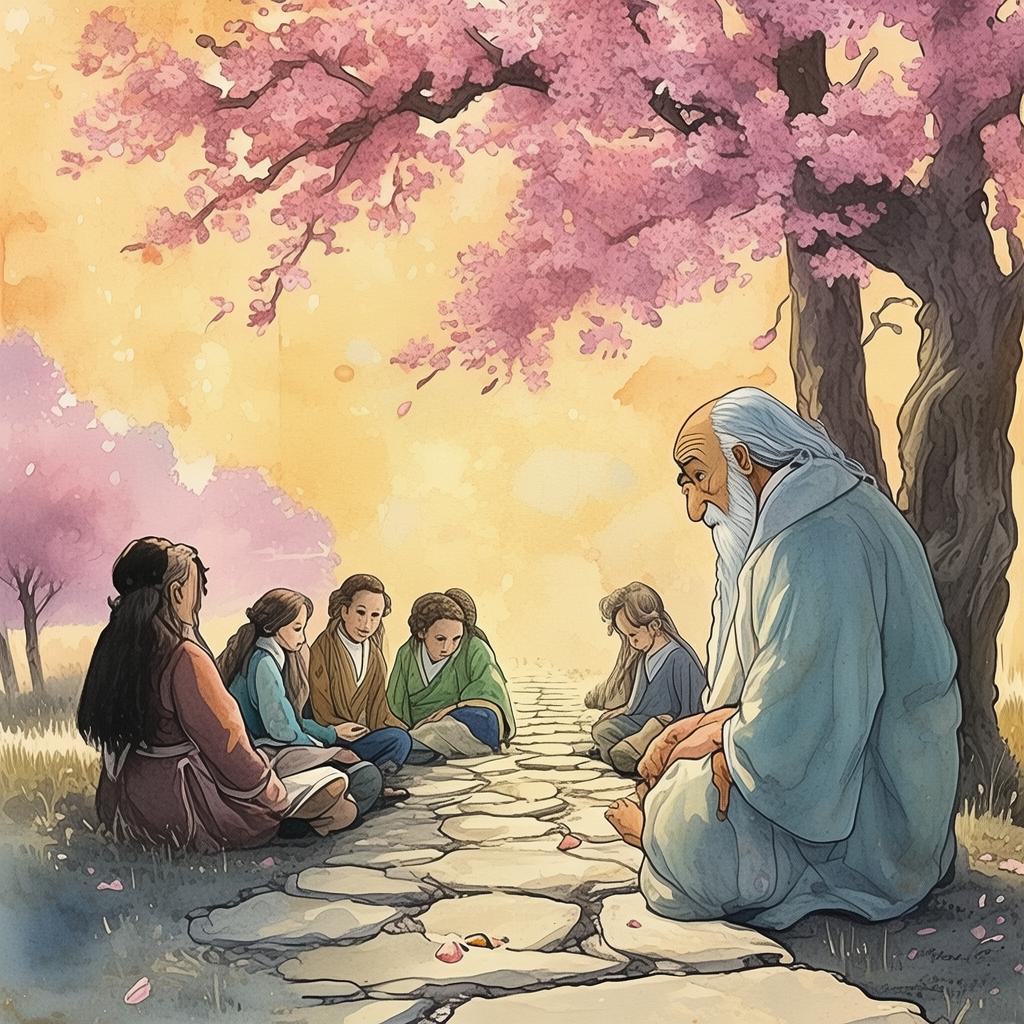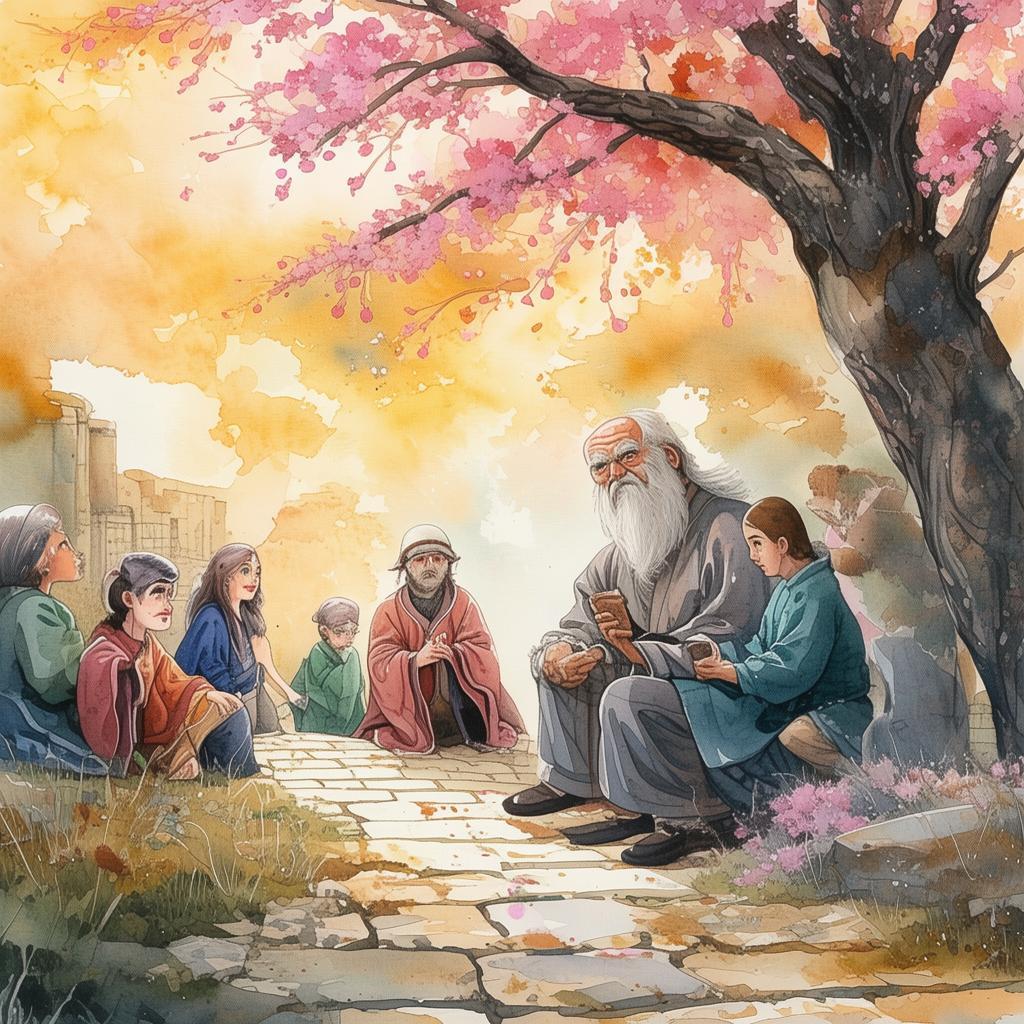Whispers of the Mind: The Riddle of the Rhythmic Riddle
Once upon a time, in a quaint little town nestled between rolling hills and whispering forests, there lived a curious preschooler named Lily. Lily had a mind like a sponge, soaking up every bit of knowledge and wonder that came her way. Her parents often marveled at her ability to learn and understand complex concepts, far beyond her years.
One sunny afternoon, while playing in her grandmother's attic, Lily stumbled upon a peculiar book. The cover was adorned with a riddle, a rhythmic riddle that seemed to beckon her. "The Rhythmic Riddle: A Preschooler's Puzzle of the Mind," it read. Intrigued, Lily opened the book and began to read the first line:

"In the heart of the mind, a rhythm lies,
A beat so subtle, so fine.
To solve this riddle, you must listen,
To the whispers of the rhythmic mind."
Lily's eyes widened with excitement. She knew this was no ordinary riddle; it was a challenge to her own cognitive abilities. She spent the rest of the day trying to figure out the meaning behind the words. She listened to the sounds around her, trying to find the rhythm that the riddle spoke of.
As the days passed, Lily became more and more engrossed in the riddle. She would listen to the sound of her heartbeat, the ticking of the clock, the rustling of the leaves in the wind, and even the hum of the appliances in her home. She tried to find a pattern, a rhythm that would lead her to the answer.
One evening, as Lily sat on her bed, trying to concentrate, she heard a faint whisper. It was the sound of her own thoughts, a rhythm that was both familiar and elusive. She realized that the riddle was not about finding an external rhythm, but about understanding the rhythm of her own mind.
As she delved deeper into her thoughts, Lily discovered a hidden world within her mind. It was a world filled with colors, shapes, and sounds. She saw the patterns of her thoughts, the way they danced and moved, creating a symphony of mental imagery. It was in this world that she found the answer to the riddle.
"The rhythm of the mind is a journey," she whispered to herself. "It's about the journey we take within our own thoughts, the exploration of our own minds, and the discovery of our own inner truths."
Lily's parents, who had been watching her from the doorway, were amazed at the depth of her understanding. They had always known that Lily was a special child, but this revelation was beyond their expectations. They realized that the riddle was not just a puzzle, but a metaphor for the endless possibilities of the human mind.
The next day, Lily shared her discovery with her classmates. She explained that the riddle was not about finding a specific rhythm, but about understanding the rhythm of our own thoughts. Her classmates were fascinated by her story, and soon, the entire school was talking about the Rhythmic Riddle.
The story of Lily and the Rhythmic Riddle spread far and wide, captivating the hearts and minds of people everywhere. It became a symbol of the power of the human mind, the importance of curiosity, and the endless journey of self-discovery.
As Lily grew older, she never forgot the lessons she learned from the riddle. She continued to explore the depths of her mind, always seeking new knowledge and understanding. She became a teacher, inspiring her students to do the same, to listen to the whispers of their own minds and to discover the rhythm within.
And so, the tale of Lily and the Rhythmic Riddle lived on, a testament to the endless possibilities of the human mind and the importance of embracing the journey of self-discovery.
✨ Original Statement ✨
All articles published on this website (including but not limited to text, images, videos, and other content) are original or authorized for reposting and are protected by relevant laws. Without the explicit written permission of this website, no individual or organization may copy, modify, repost, or use the content for commercial purposes.
If you need to quote or cooperate, please contact this site for authorization. We reserve the right to pursue legal responsibility for any unauthorized use.
Hereby declared.









